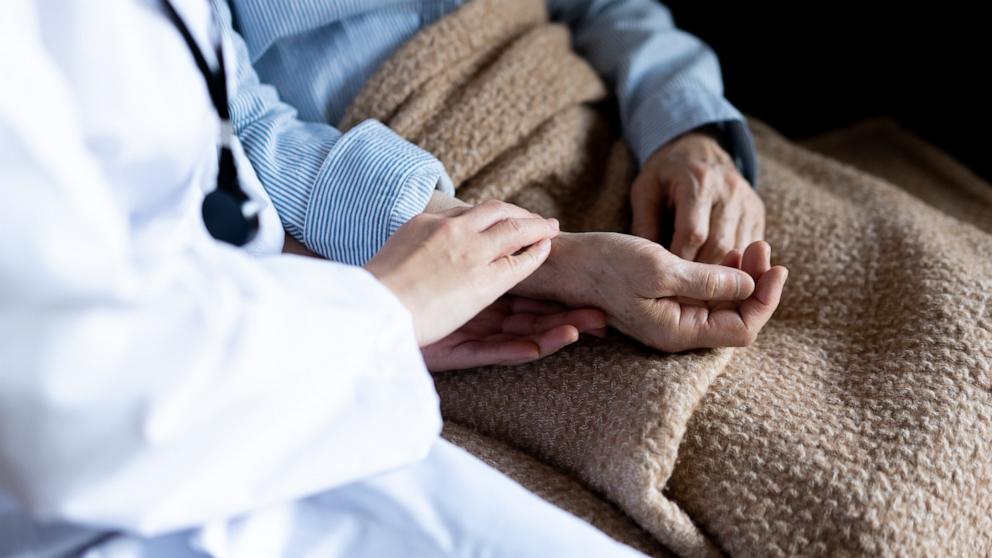Fitness
Top oncologists say everyone with advanced cancer needs early palliative care. Here are 6 things to know

By 2025, 693,000 Americans will have several forms of advanced cancer.
This year, the American Society of Clinical Oncology — the world’s leading oncology organization — recommended palliative care for everyone with advanced cancer at the time of diagnosis and while receiving treatment.
Palliative care clinicians manage cancer-related symptoms and side effects from treatment, while addressing quality of life and stress for patients and families.
By next year, 693,000 people in the United States will have advanced breast, prostate, lung, colorectal, bladder, or skin cancer. Typically, advanced cancers spread to other parts of the body, and may cause symptoms or are difficult to cure.
Oncologists said starting palliative care when a diagnosis is made may make it easier for patients to stay on their treatment course.
“What I’m really excited to see is that these guidelines are taking a step back and thinking about [palliative care] from the time of diagnosis,” Dr. Arif Kamal, chief patient officer for the American Cancer Society and an associate professor at Duke University specializing in oncology and palliative care, told ABC News. “It should particularly be used in areas to help people stay on treatment, such as in clinical trials or hematologic malignancies.”
Here are six things to know about palliative care:
Palliative care can help you live better and longer
“Many people are surprised to hear research shows early palliative care involvement not only improves quality of life but also prolongs survival,” Dr. Allison Chang, an oncologist at the Dana Farber Cancer Institute, told ABC News.
Palliative care puts you in control of your care
Palliative care teams work closely with a patient’s oncologist throughout their cancer journey.
Palliative care supports you and those who matter most
“Palliative care is very deliberate in seeing, recognizing and assessing the needs of caregivers… [who] are such an important part of the clinical team,” said Kamal.
Palliative care increases your time at home or where you want to be
Dr. Anthony Back, a professor of medicine at the University of Washington’s Division of Oncology, told ABC News about a patient with breast cancer whose chemotherapy made her too tired to do things her two young kids needed.
Palliative care helped with her fatigue and worry so she could manage and feel like “mom” again, he said.
Palliative care is covered by most insurance companies
Find a palliative care provider near you.
Palliative care isn’t just for people with cancer
Anyone with a serious illness can get palliative care, and it’s recommended for heart and kidney failure.
Kamal recommends asking your doctor “Could the extra support of a palliative care team be helpful to me?” He finds asking is often enough for doctors to make a referral.
Palliative care is no longer something that’s “nice to have. It’s a have to have,” said Kamal.
Lindsey Ulin, MD is an internal medicine resident at Brigham and Women’s Hospital and a member of the ABC News Medical Unit.










